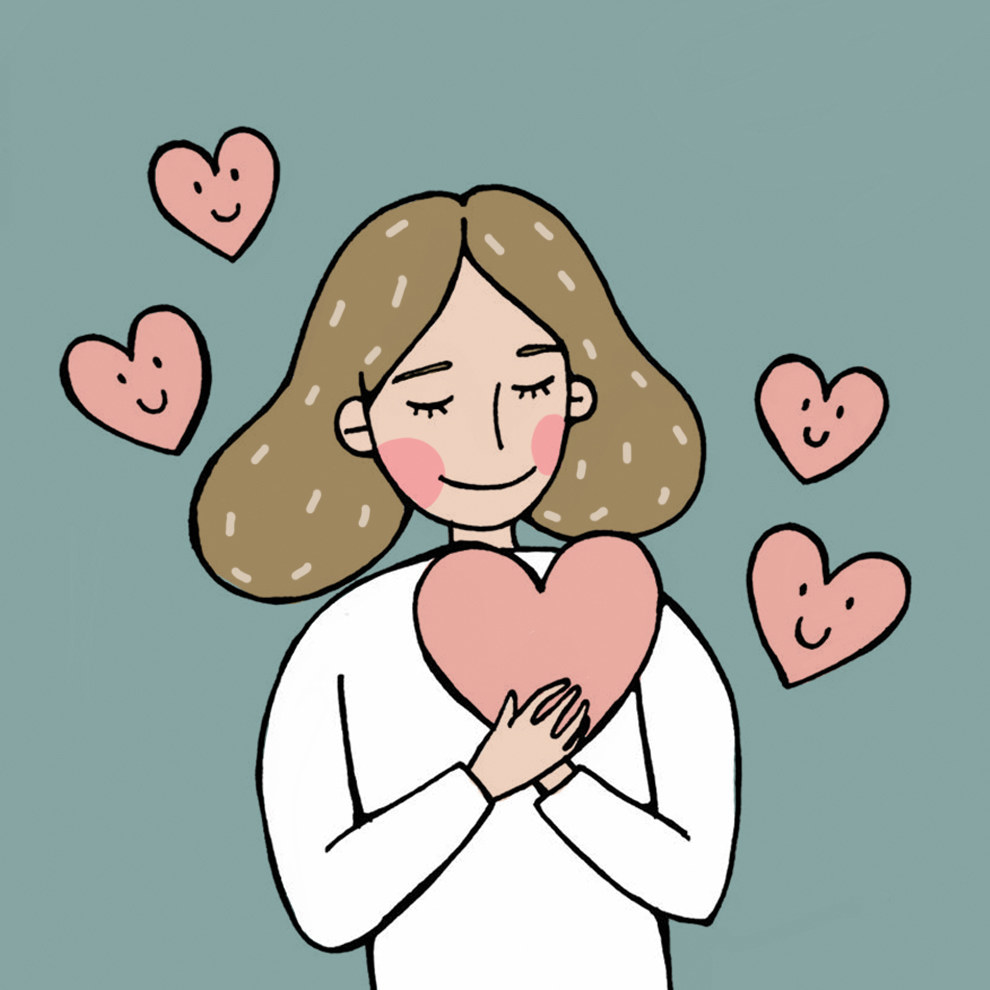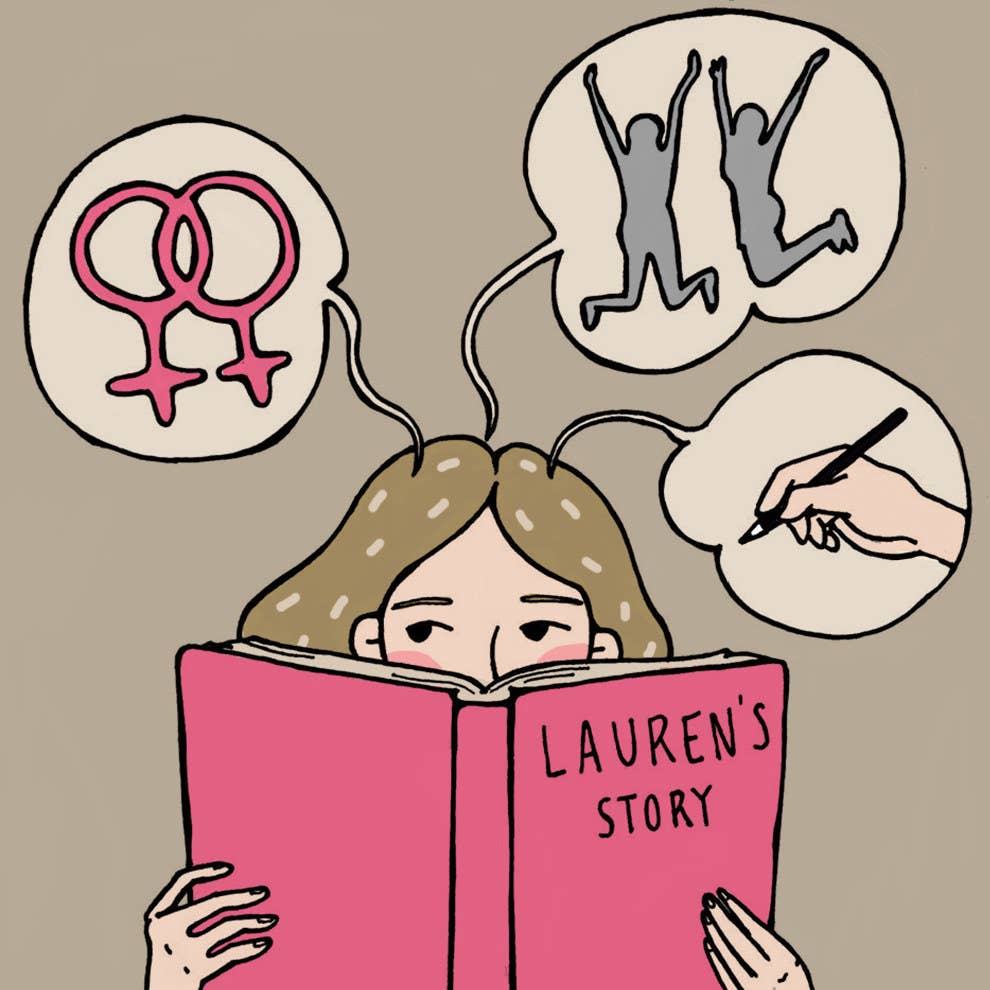
My name is Lauren. I am 22 years old. I am a recent college graduate. I am a writer and an activist on my good days. I am an older sister and a friend.
I am also autistic and a lesbian. It’s certainly no picnic, but hey, I try my best. And no, I do not wish I were "normal."

Disability and sexuality are topics that are often kept separate. Autistic people, or people with any disability, having sex lives makes a lot of abled folks uncomfortable — and many straight folks can't separate the idea of gay, bi, or queer identity from sex.
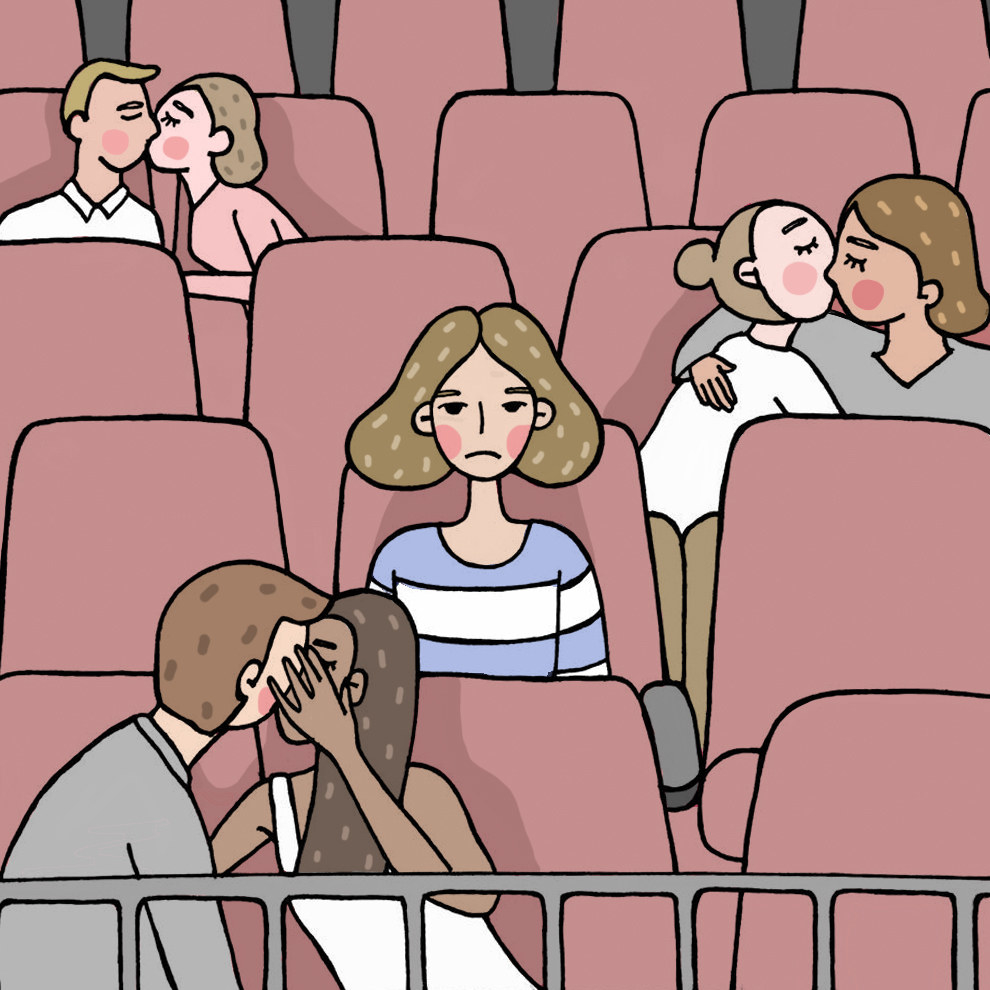
Once a classmate in my women's studies class asked the TA if it's possible for people with mental disabilities to fall in love. Though I was upset to hear her ask that — and technically know that the answer is yes — I sometimes ask the same question myself. When so much of the LGBT movement as a whole is centered around being in love, it’s hard not to feel a little left out.
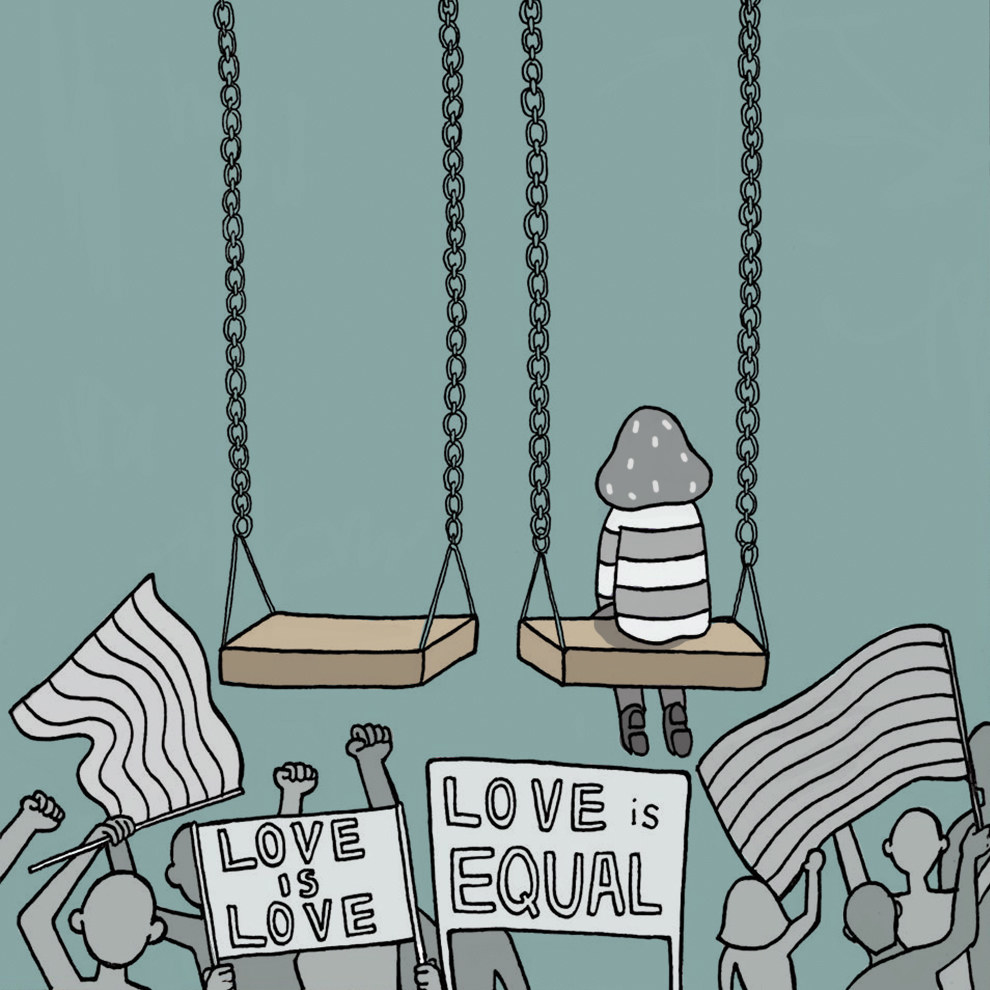
Because I struggle to understand dating norms and have a small pool of potential partners, I sometimes fear that I will never find love. I’m the same age my mom was when she met my dad, and I have never been in a relationship.
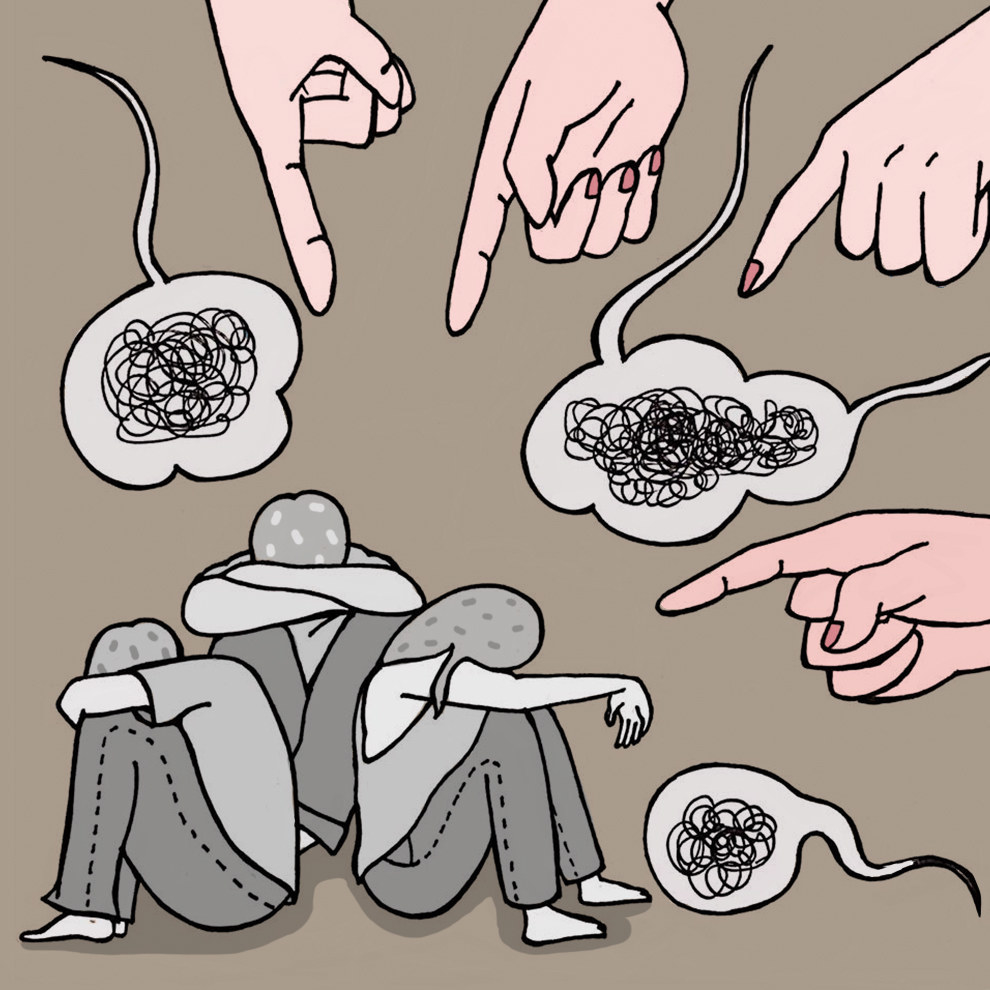
My autistic and lesbian identities are intertwined by people’s desire to get rid of both groups. Whether it’s conversion therapy or applied behavioral analysis, parents shell out money to torture their children into compliance with what they deem "normal." There are parents who would rather their child potentially die of a preventable disease than have them be like me.
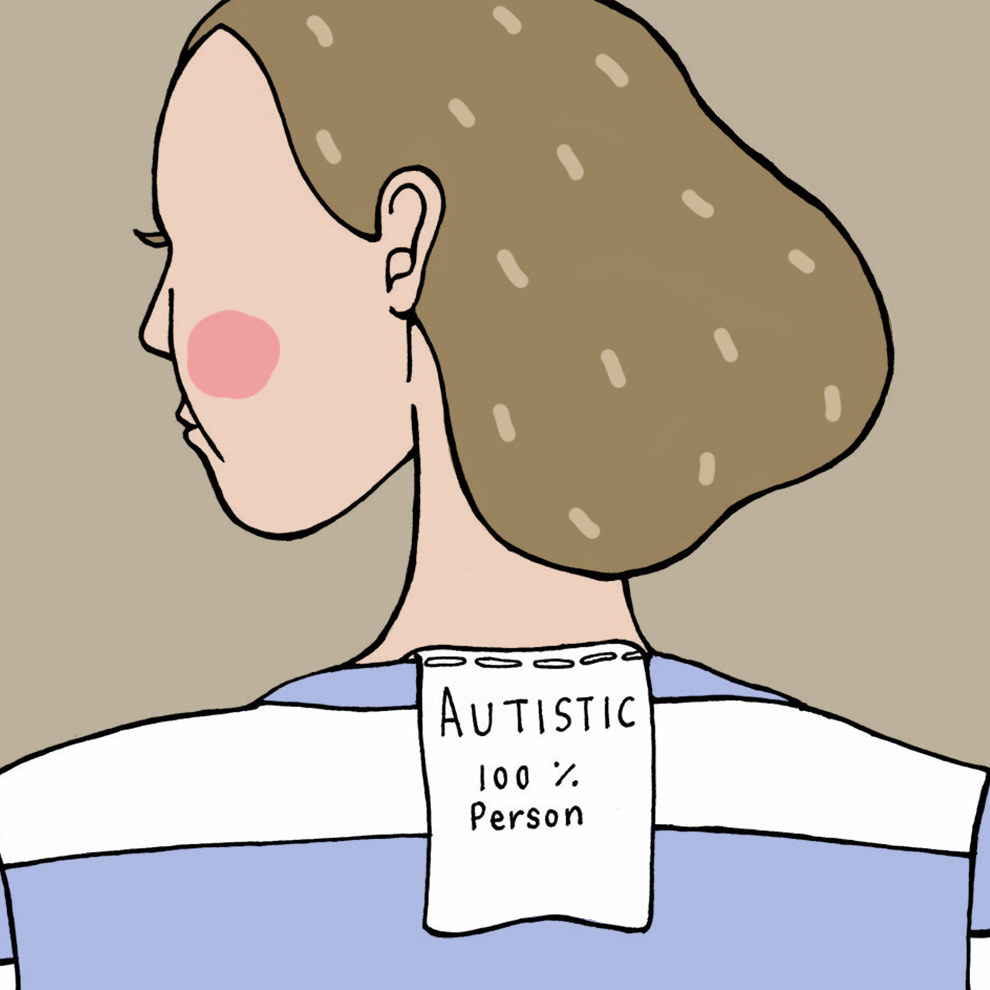
Even in conversations with people who consider themselves to be our allies, we’re so often told “don't let your sexuality define you.” Some people who are not in the LGBT community respond to our movement with dismissive questions like “Why do you need to label yourself? Why can’t we all just be humans?”
The equivalent for the autistic community is usually people who are not autistic insisting that we refer to ourselves as “people with autism” — rather than "autistic" — because we're "people first." As if being autistic implies you’re not a person. When people talk like this, all I hear is “I want to sweep your difference from me under the rug.”
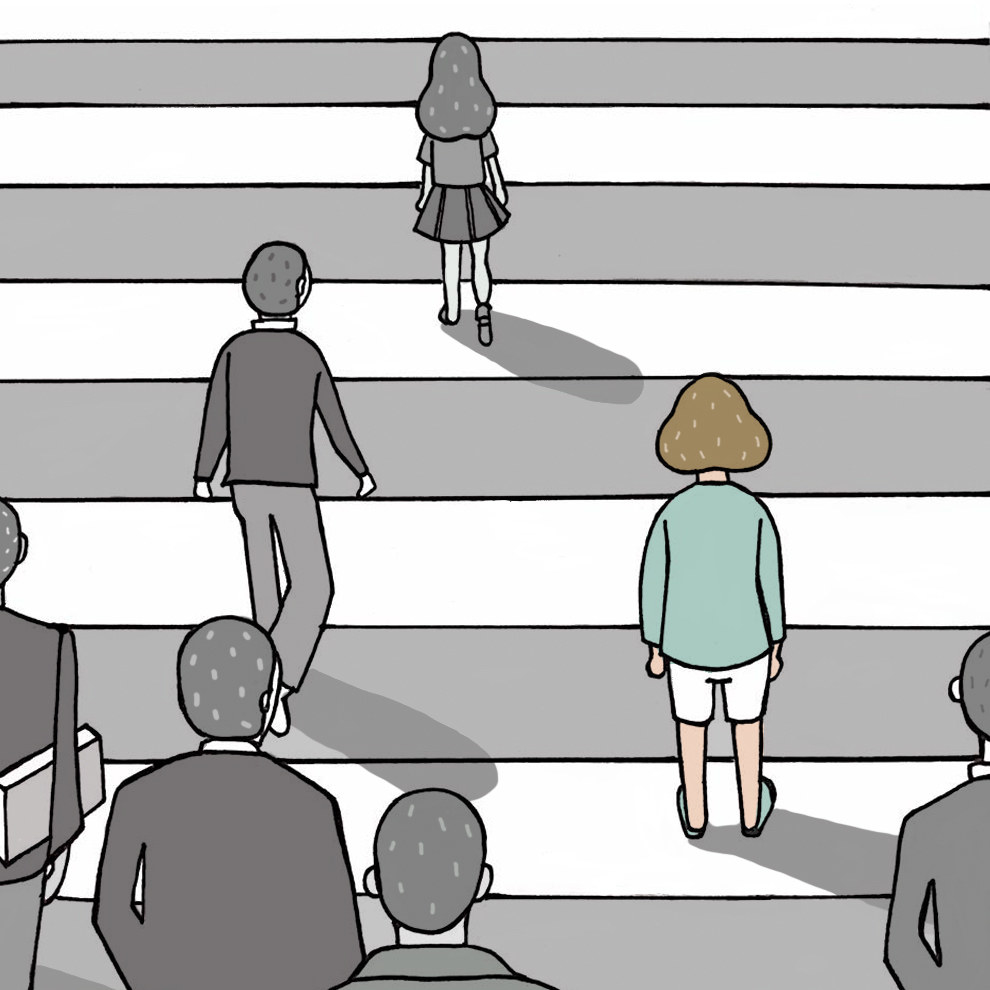
Neurotypical and cisgender, heterosexual people often operate under the assumption that our suffering is caused by our differences, and not by a world that hasn't been built for people like us.
But why should I want to like men? Why should I wish my brain worked like everyone else’s?
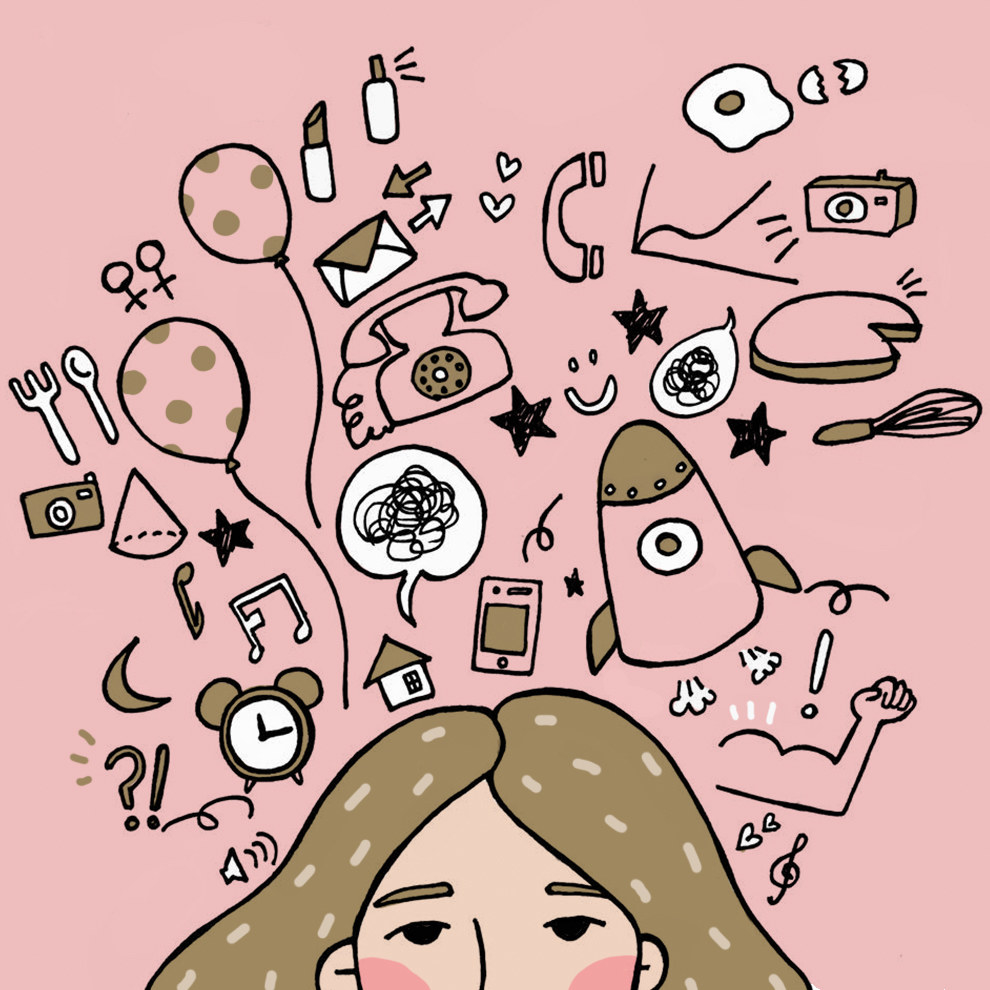
Has it ever occurred to you that I might like being different, even though sometimes it hurts? I love my love for women. I love my androgynous presentation that is made of the pieces of masculinity and femininity that I like best. I love my active imagination. I love my ability to see patterns where others do not, and to think outside the box.
